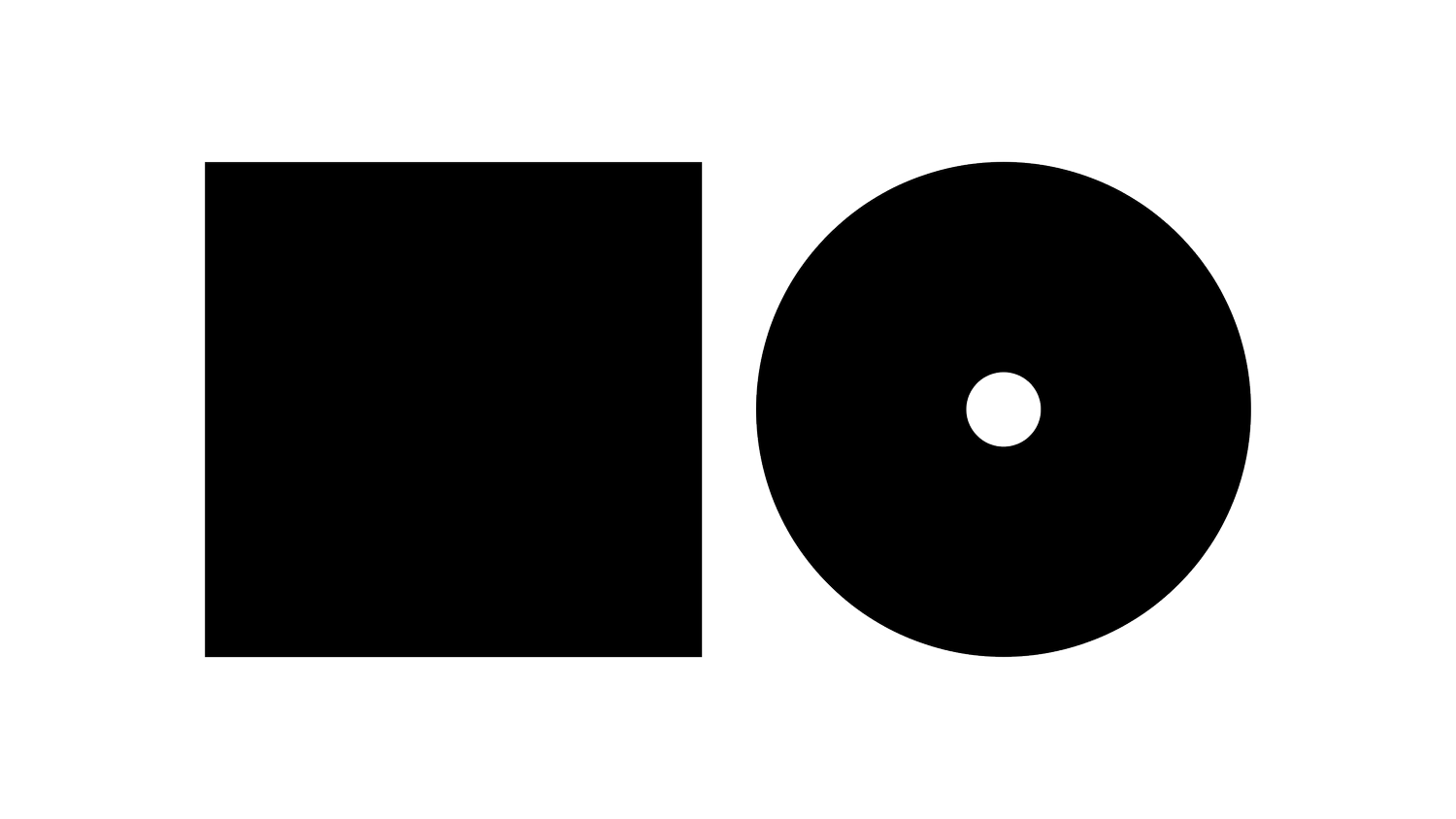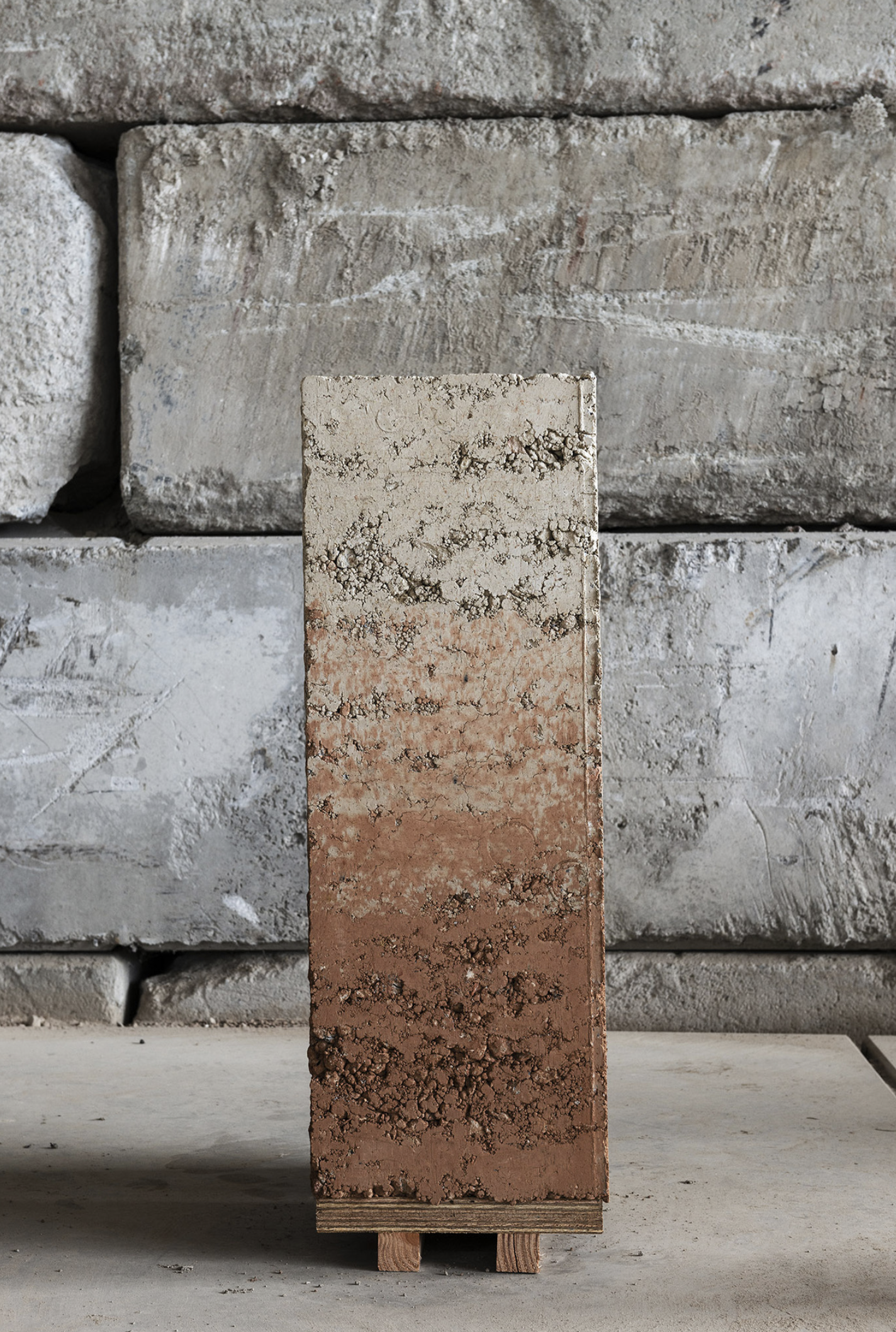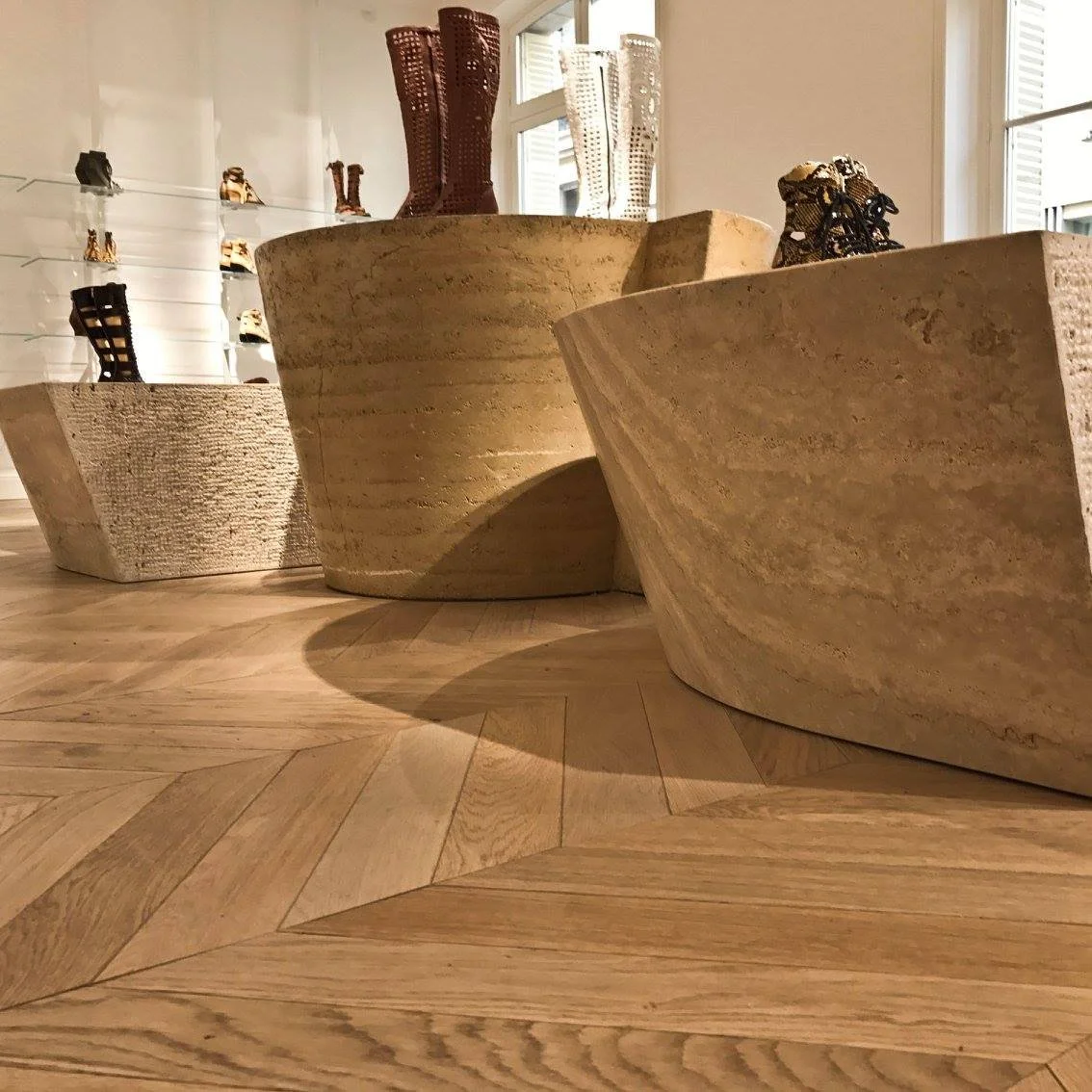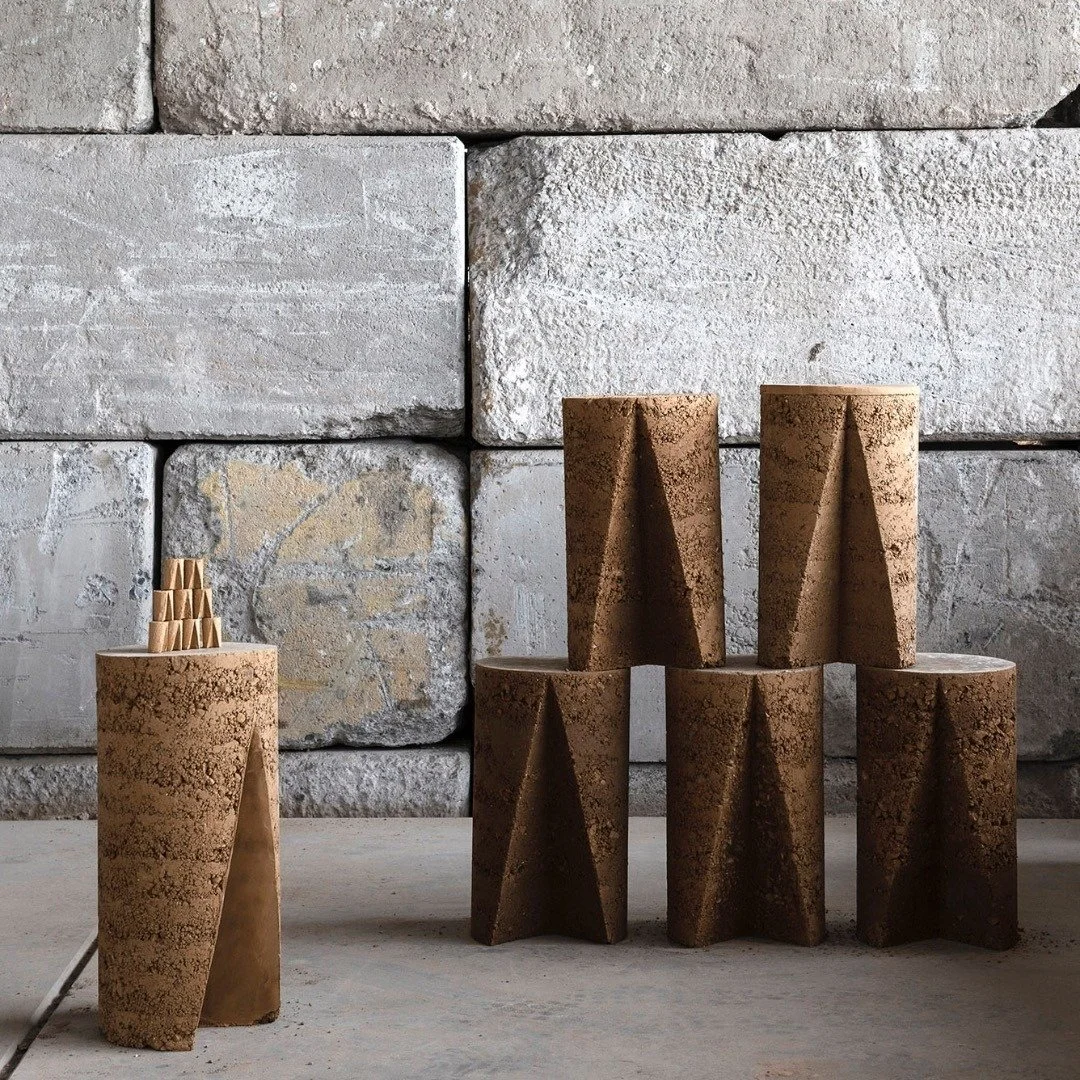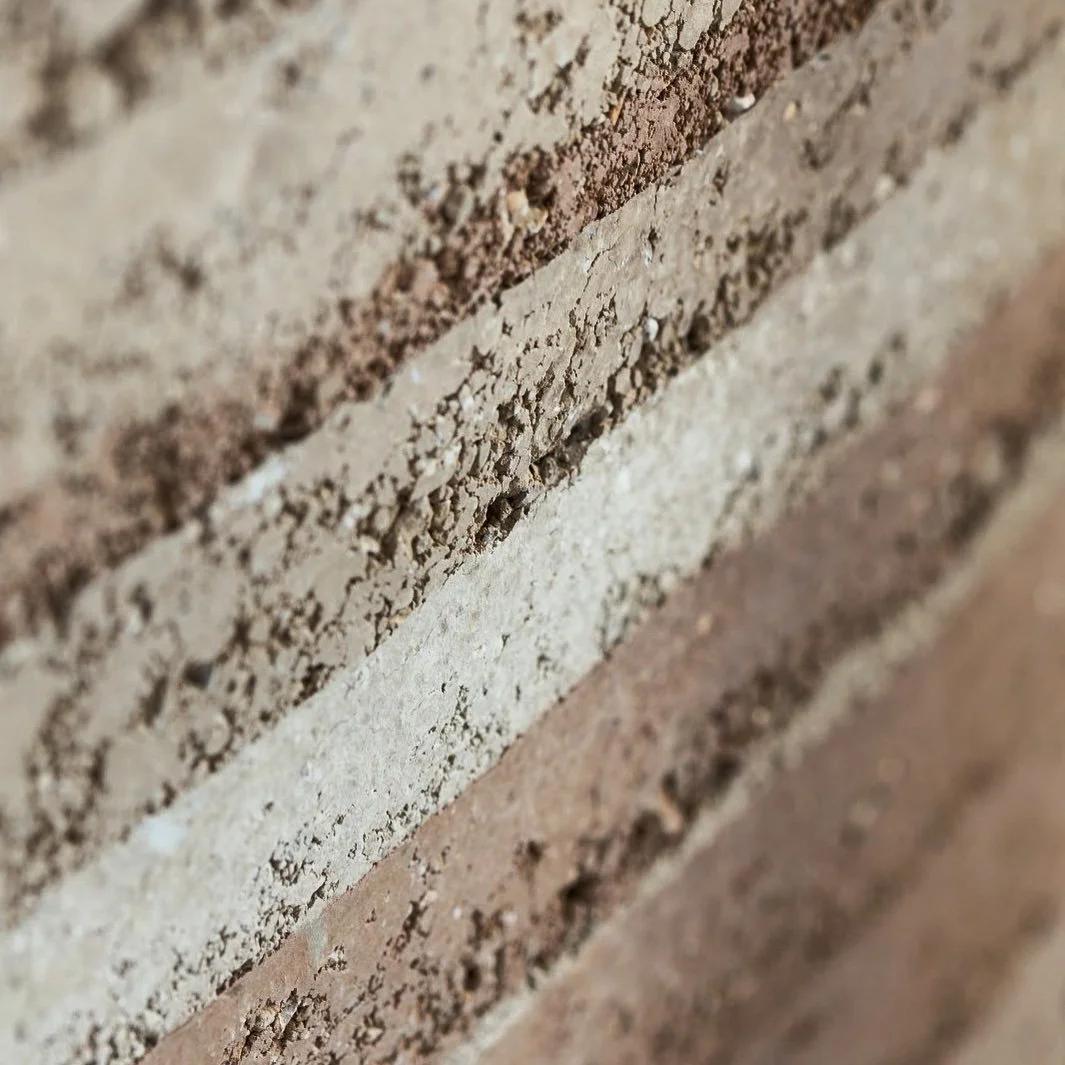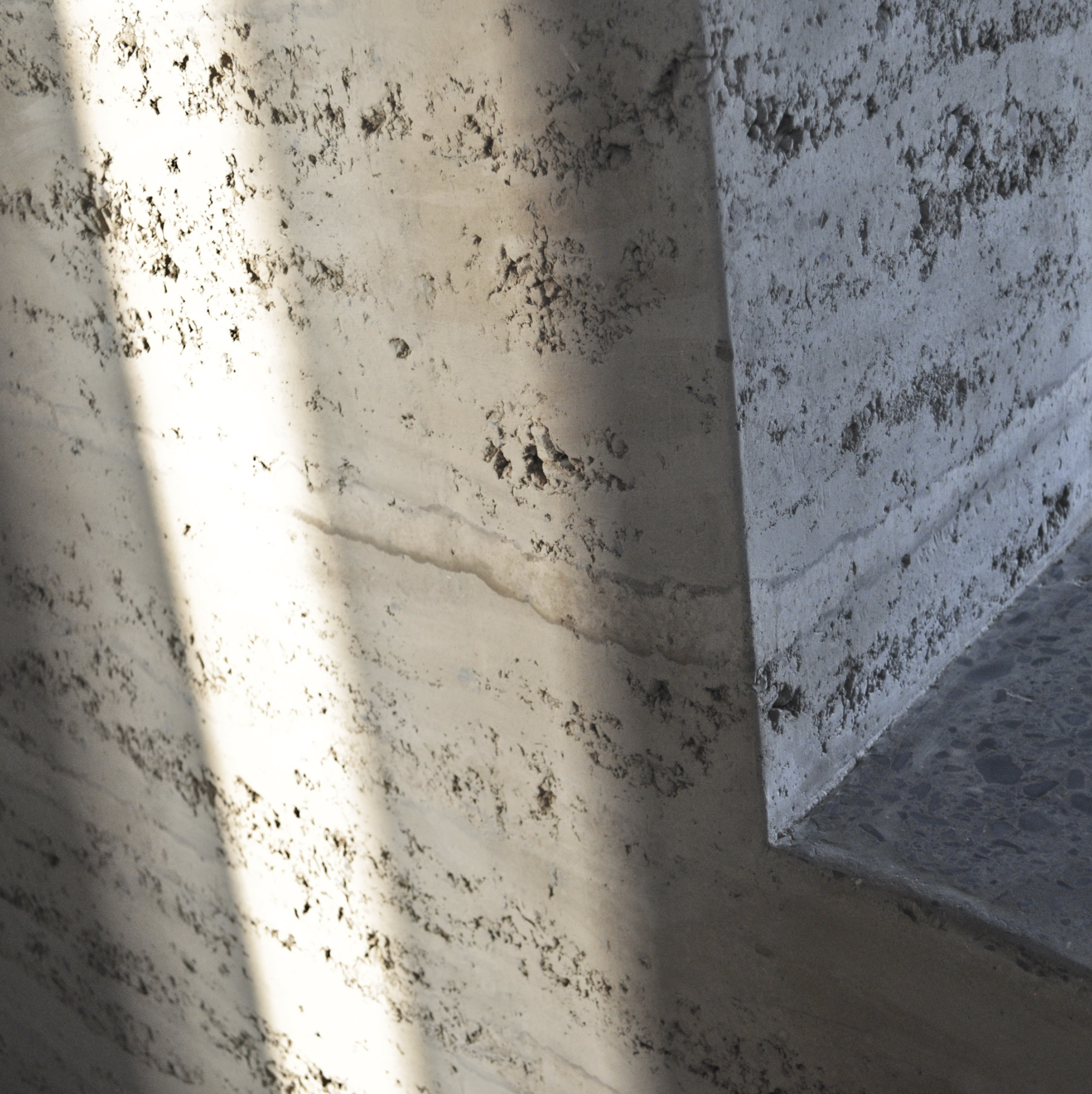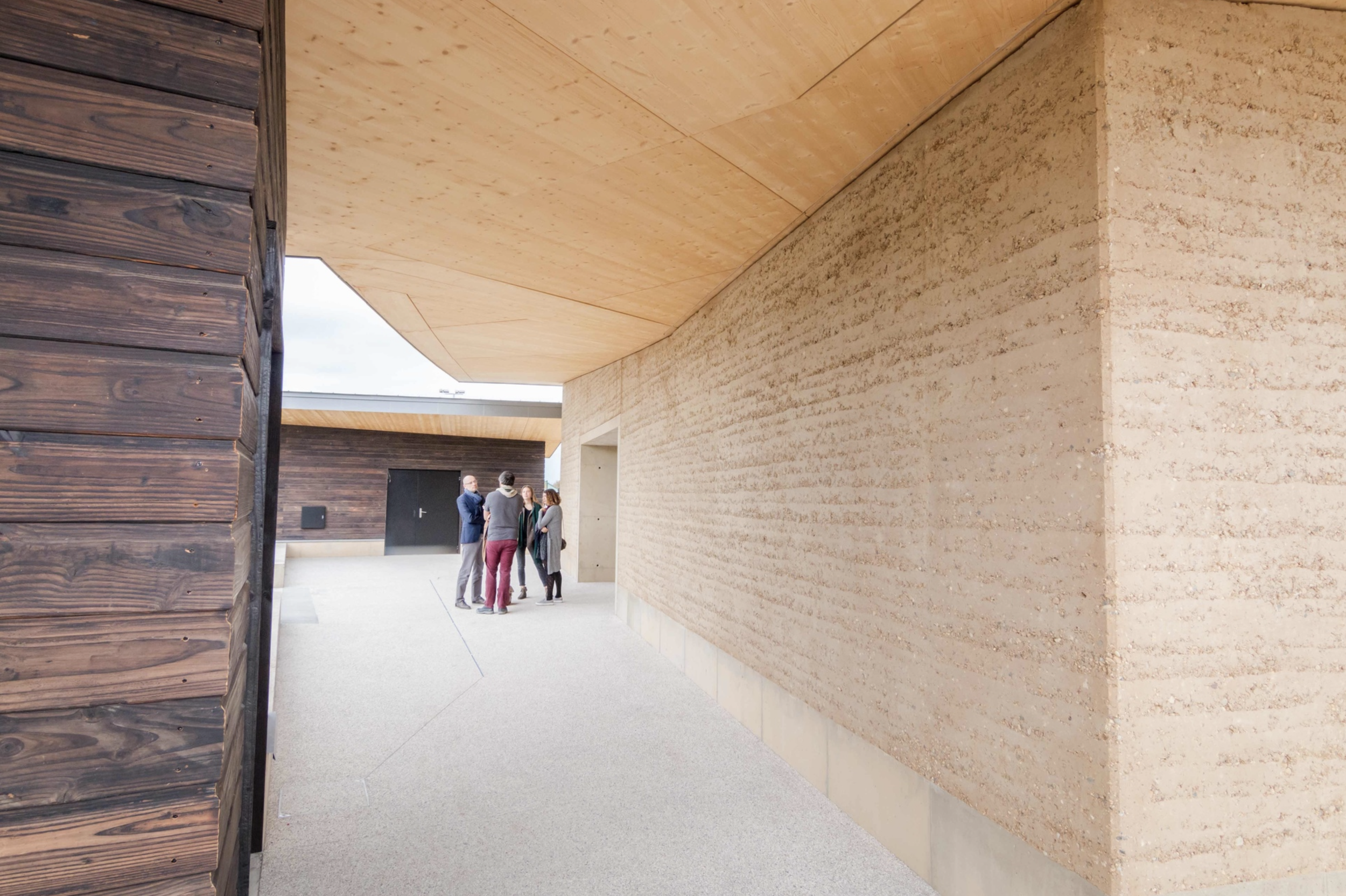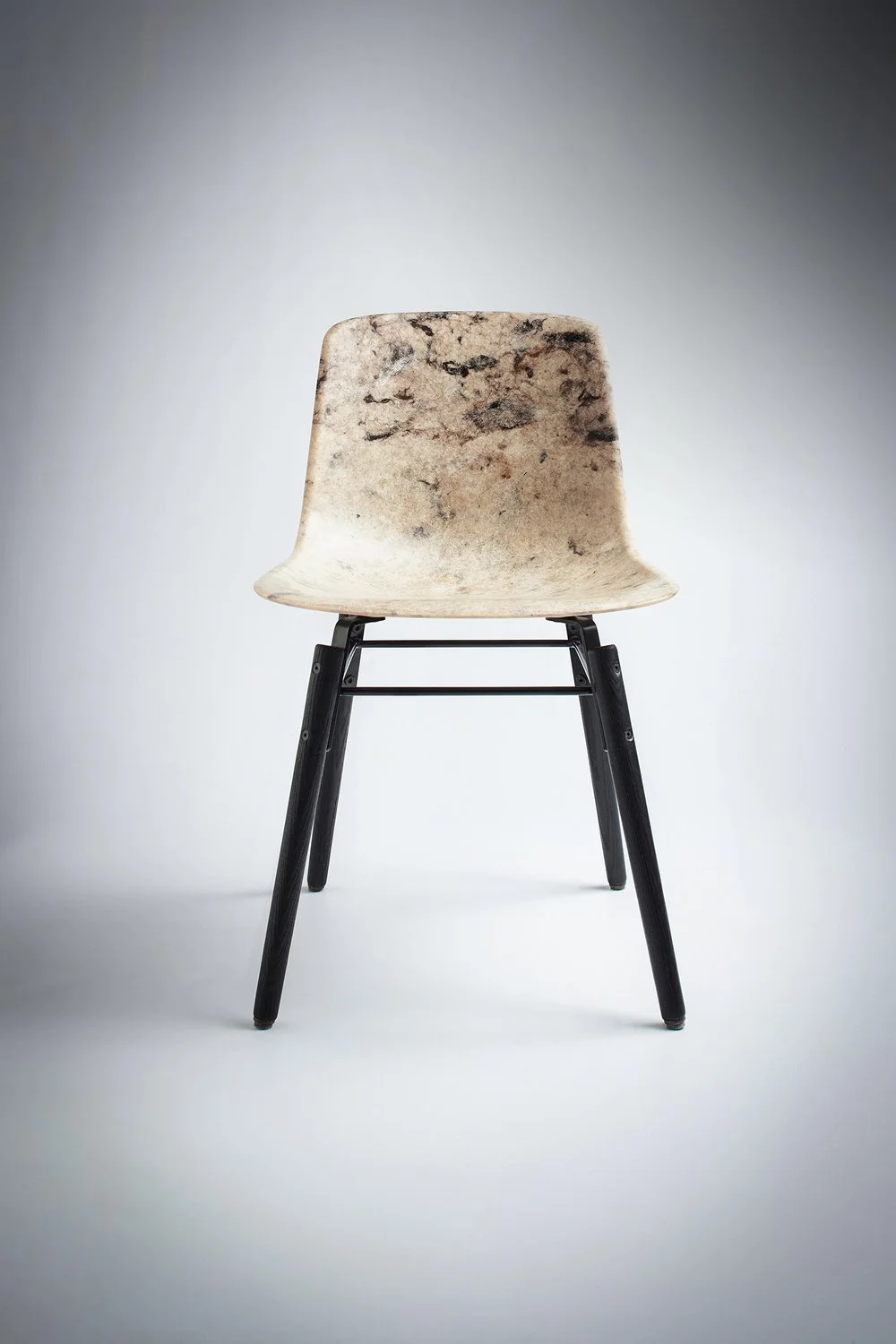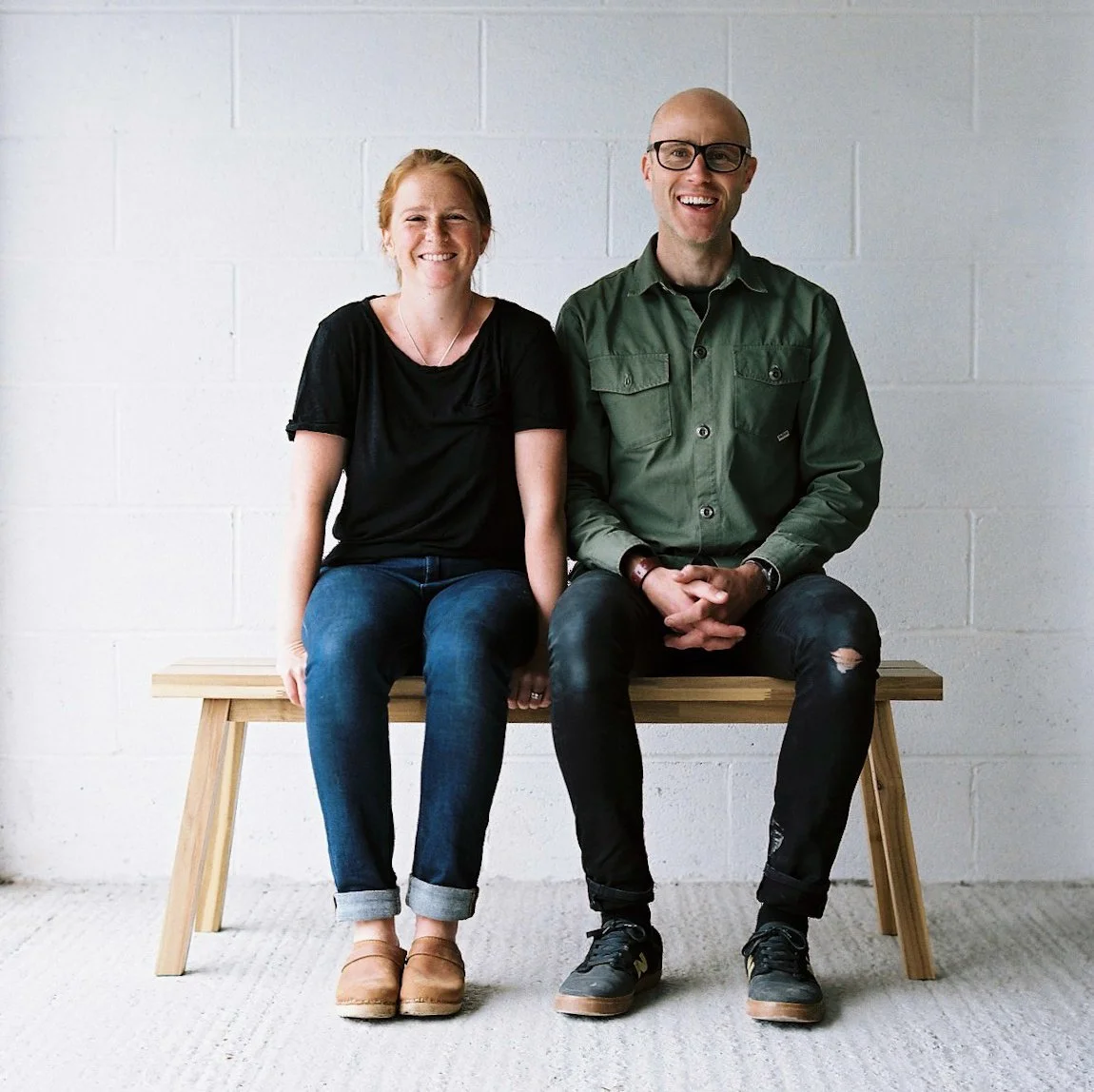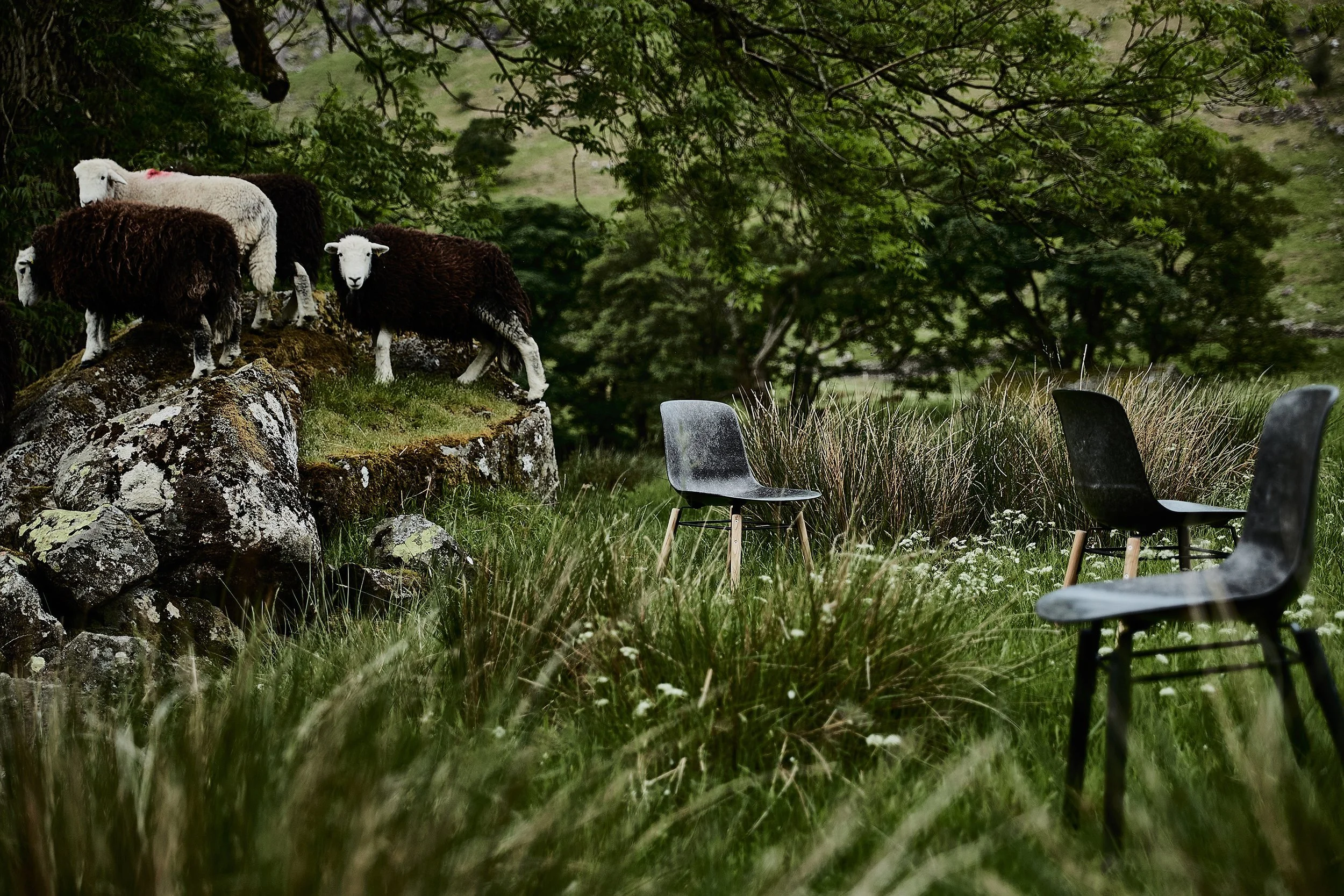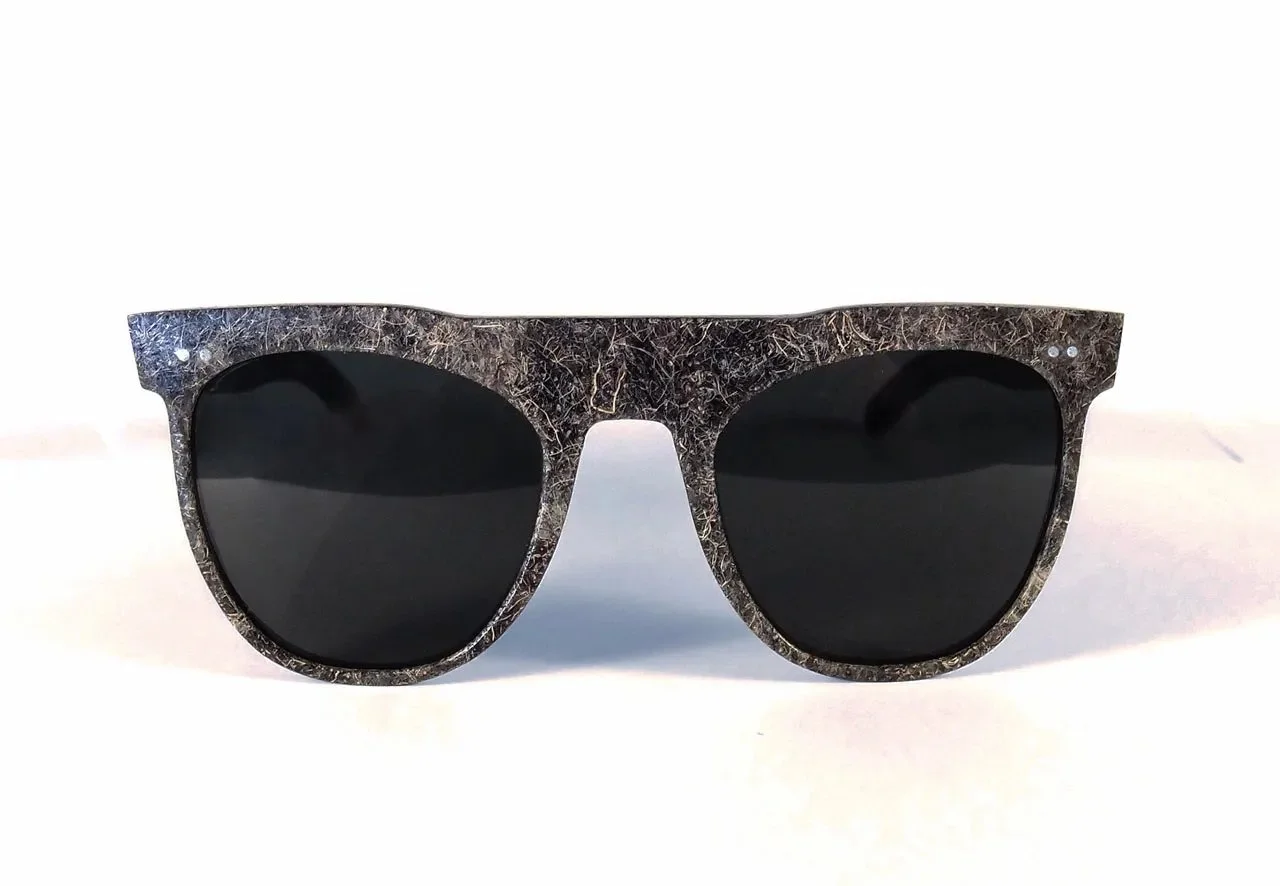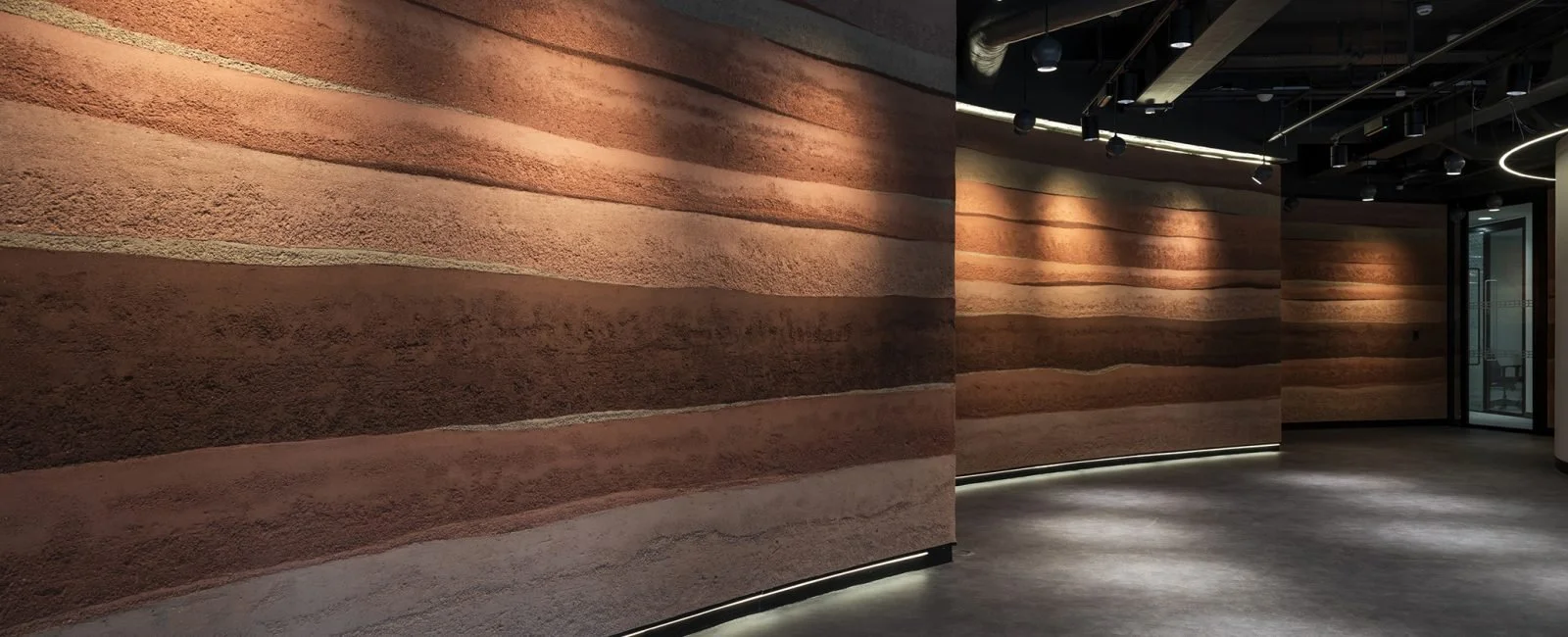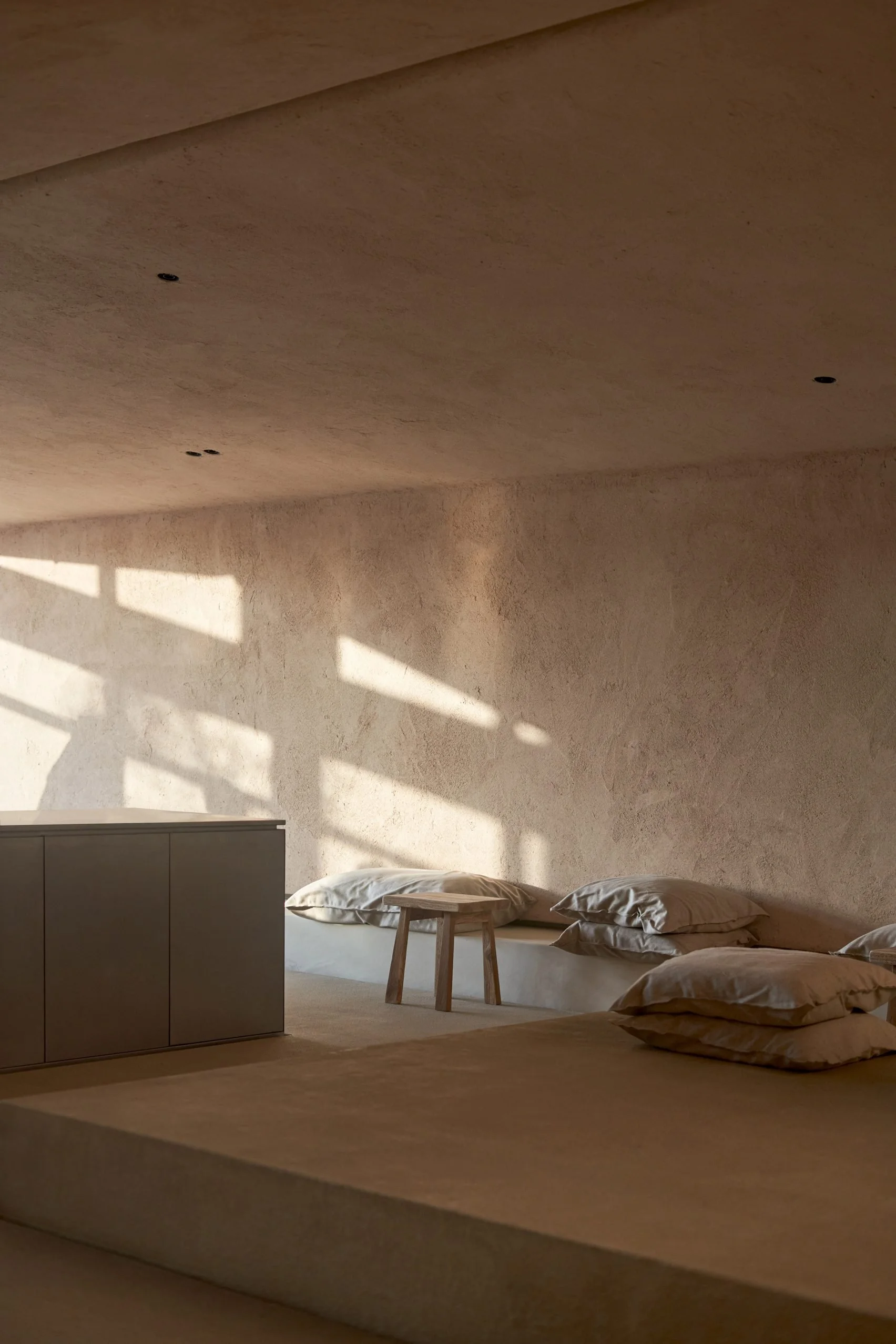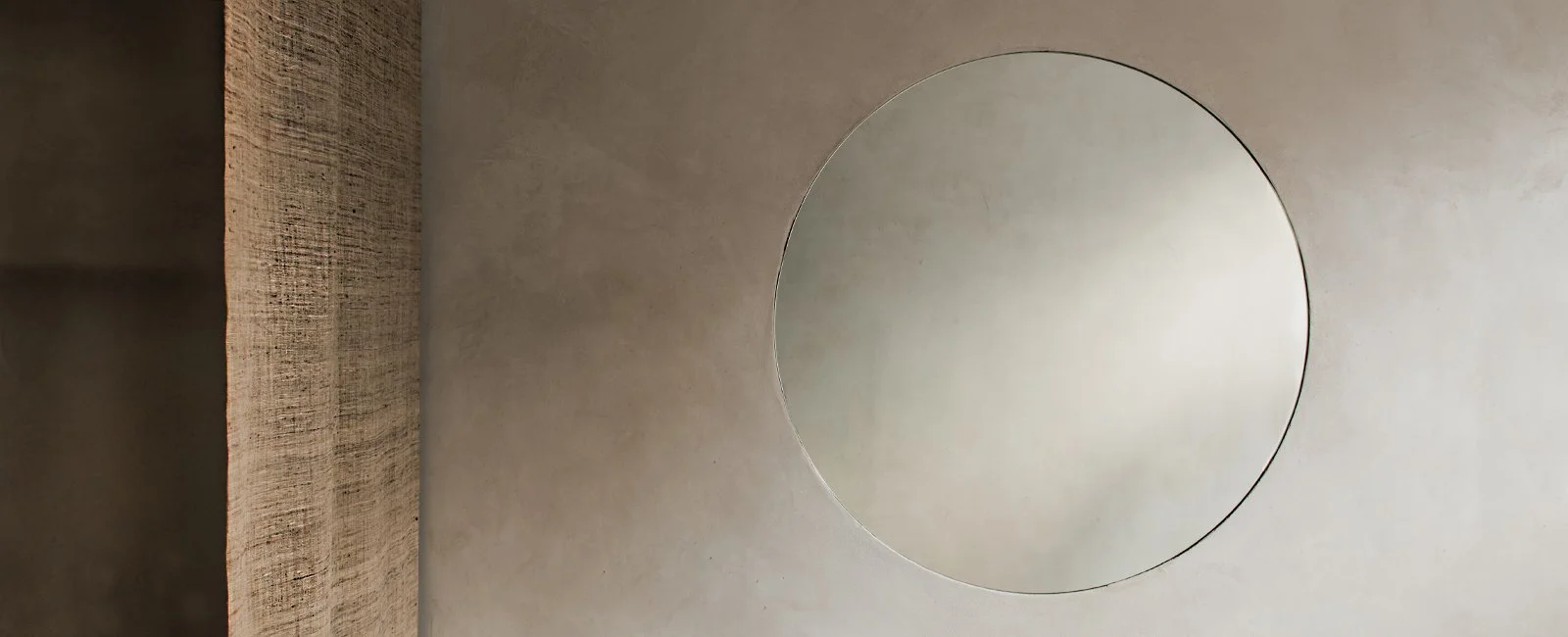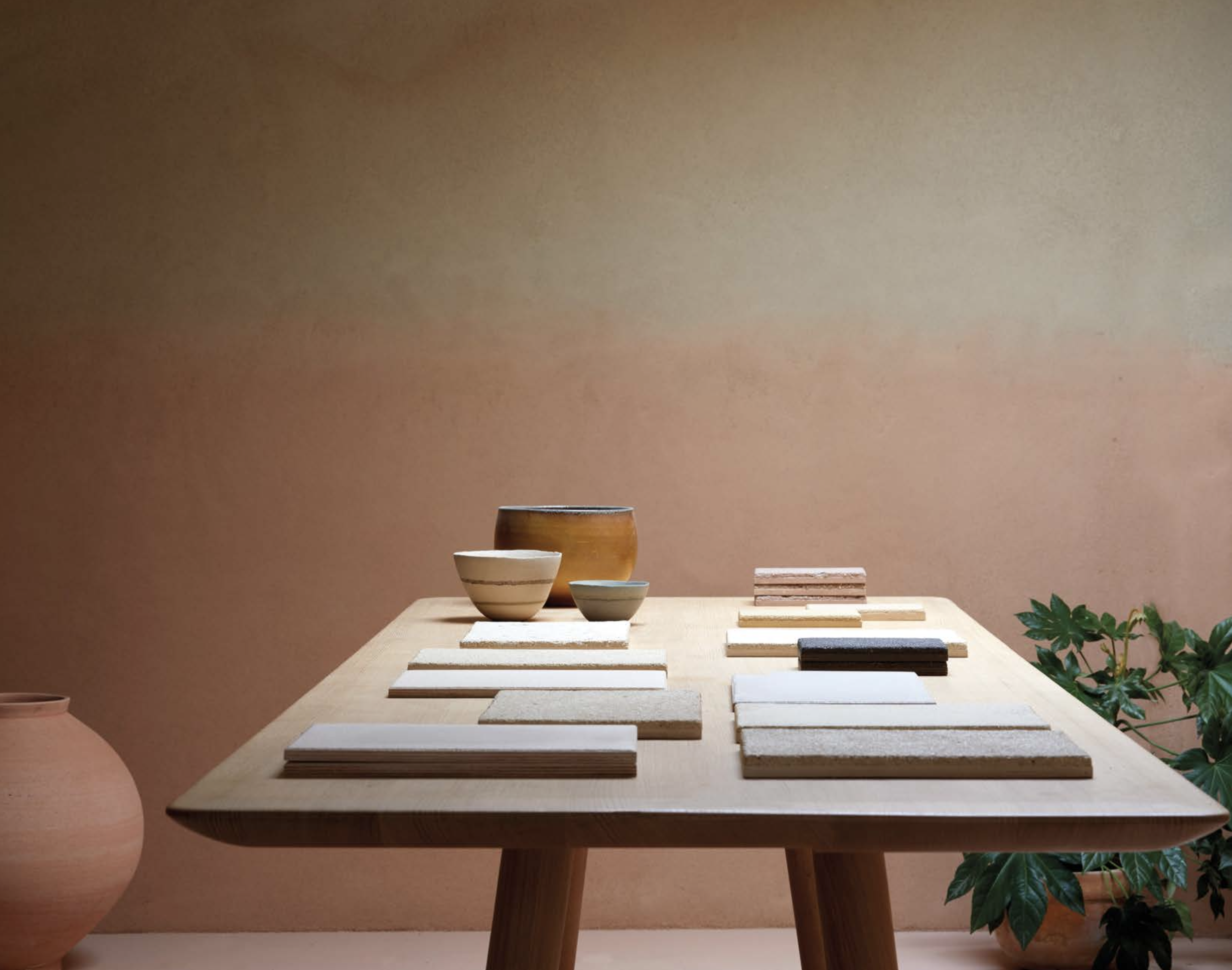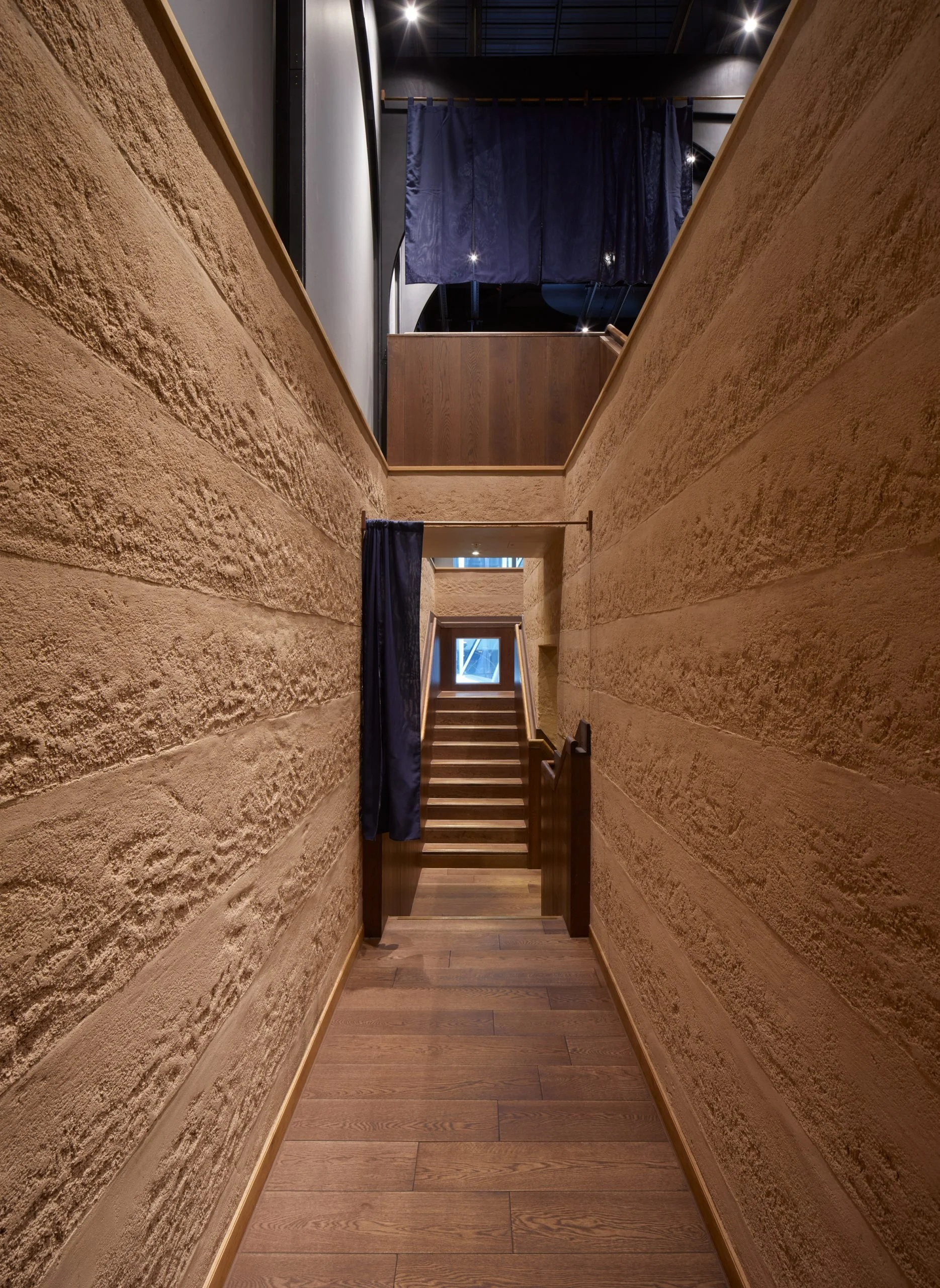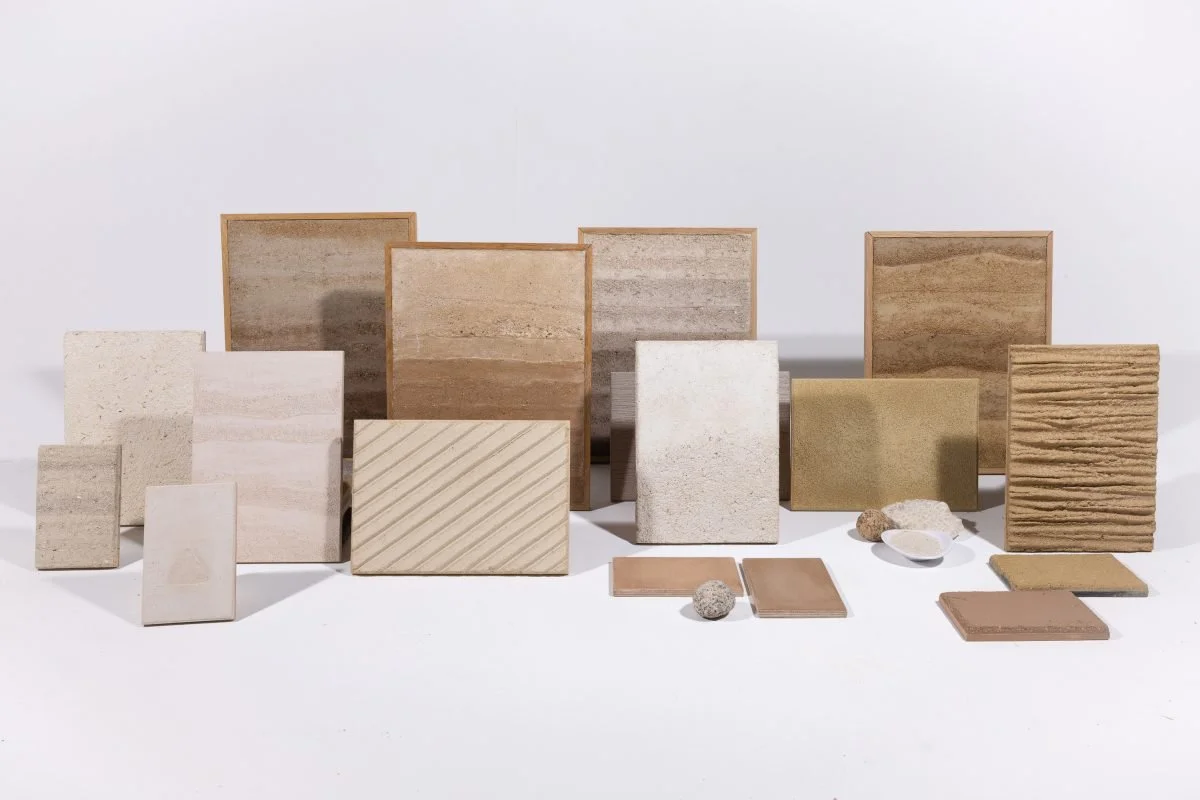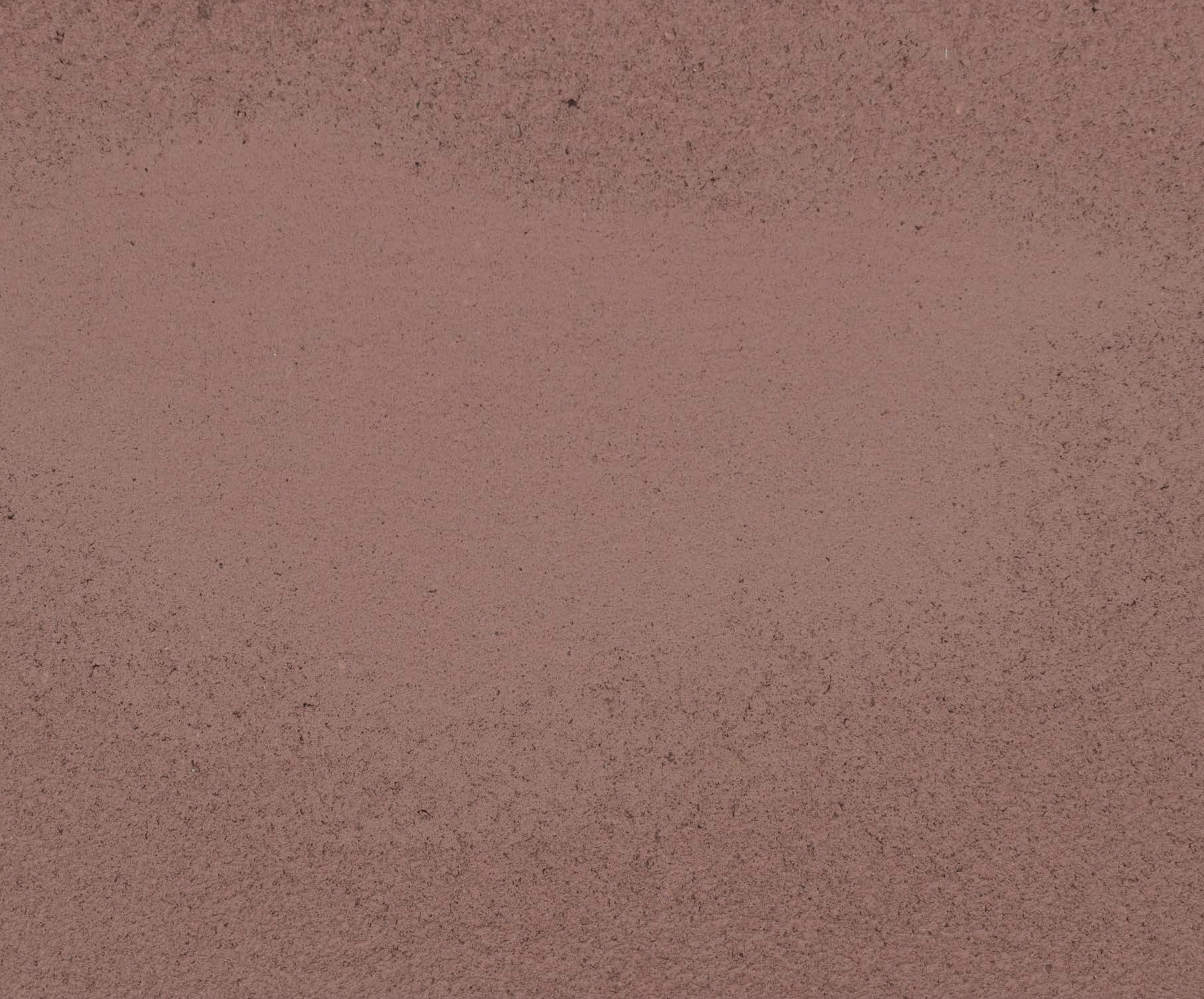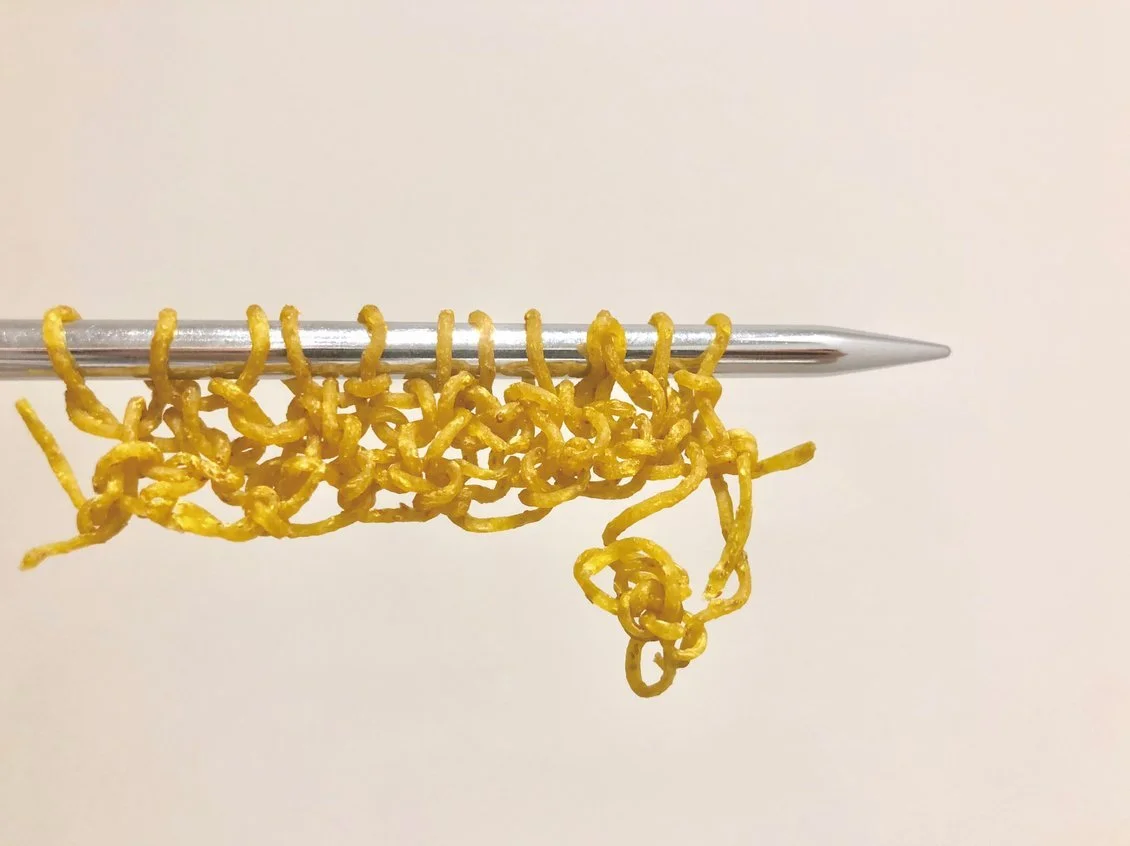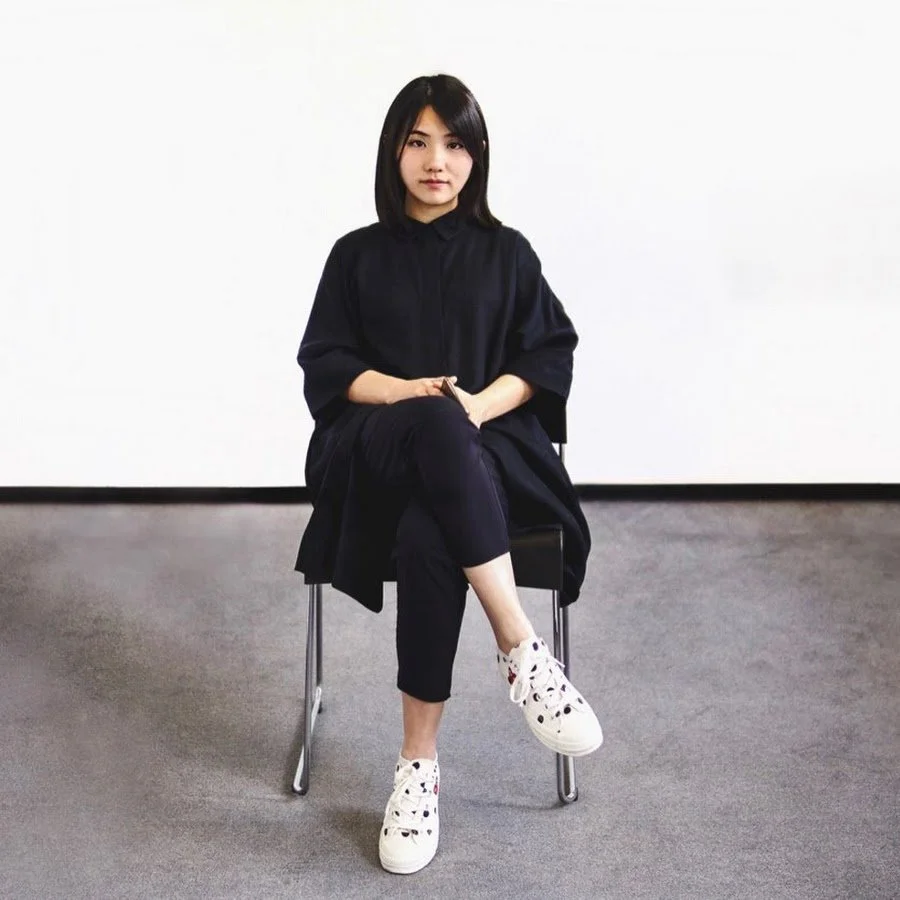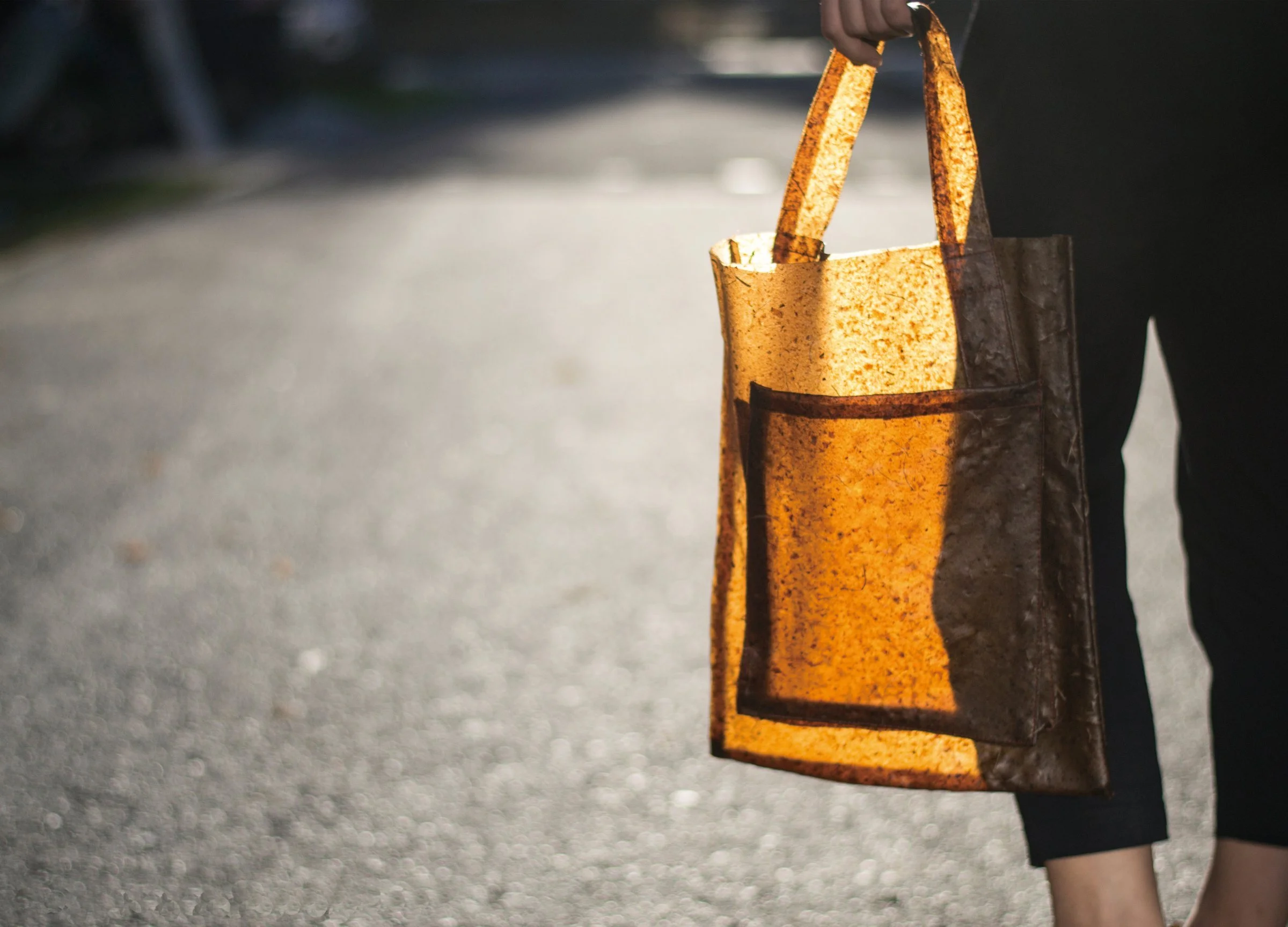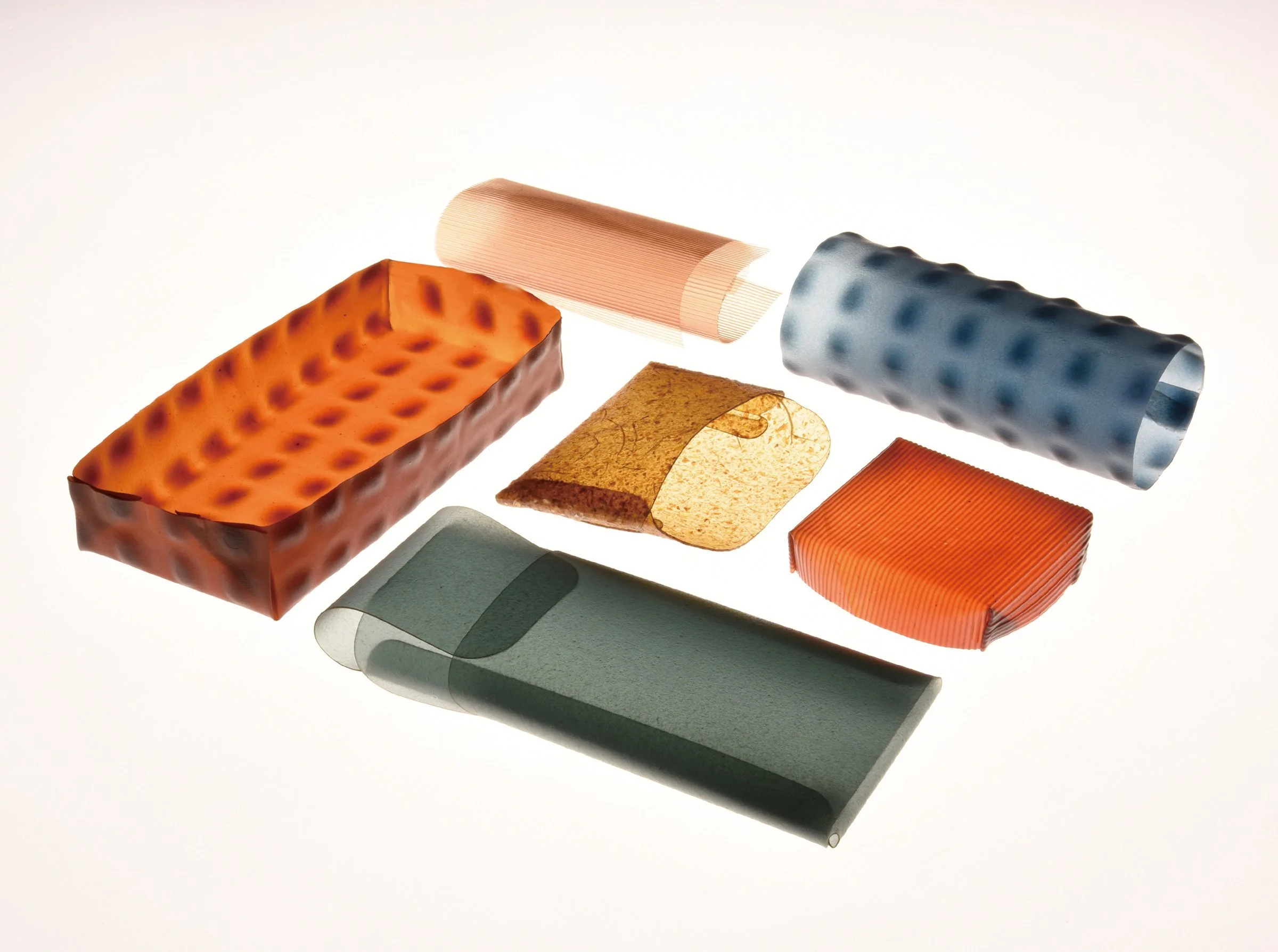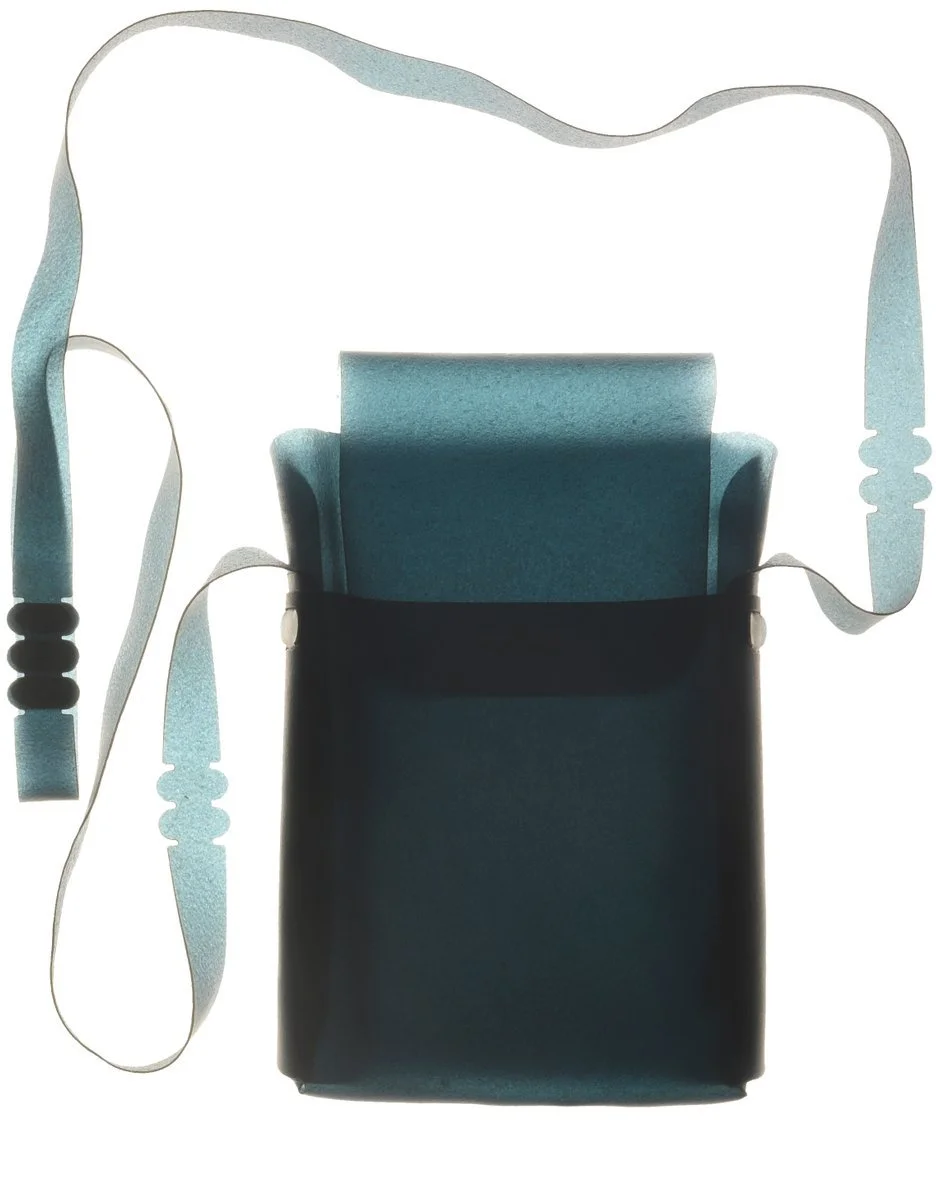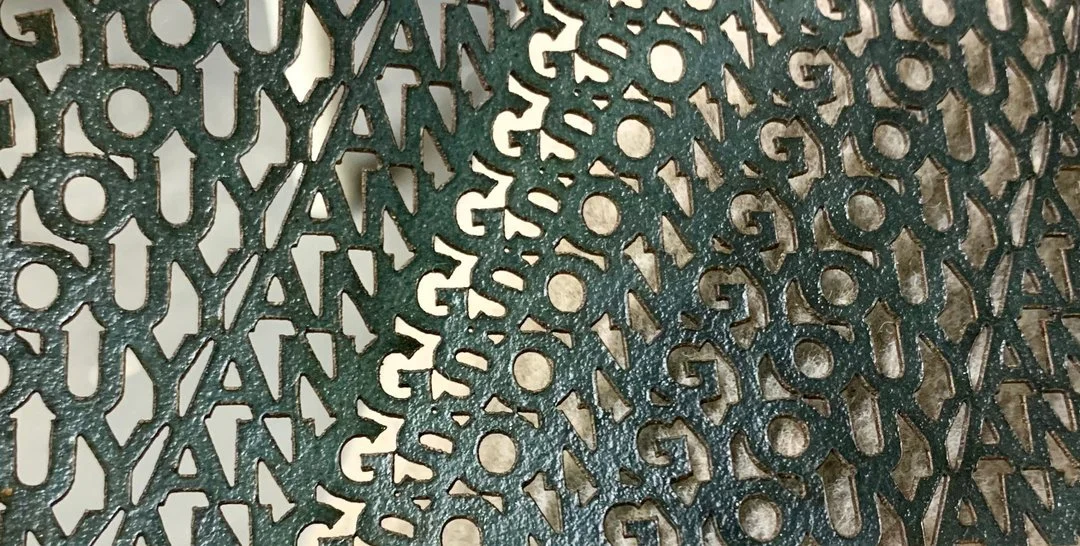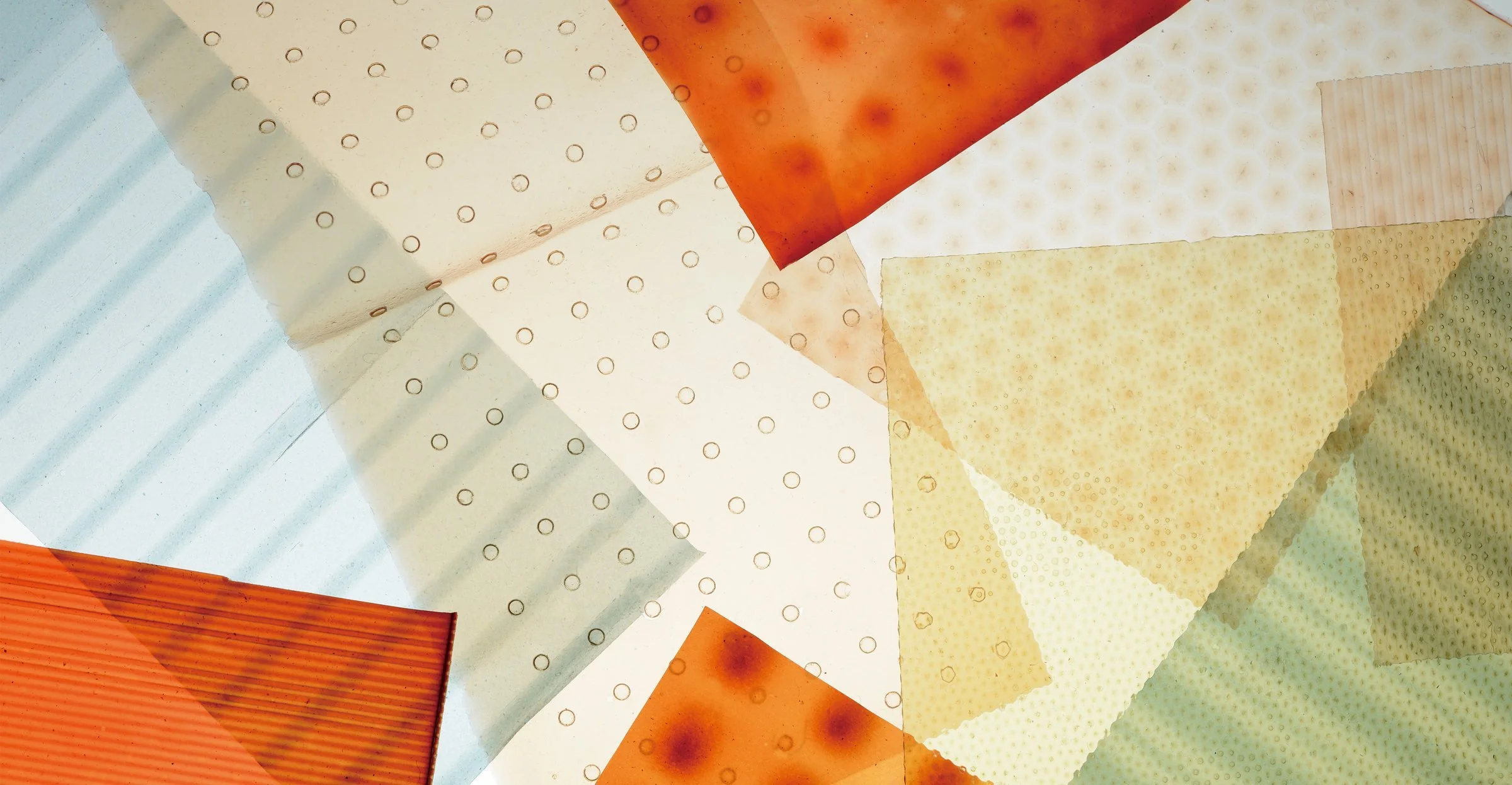 Image 1 of 10
Image 1 of 10

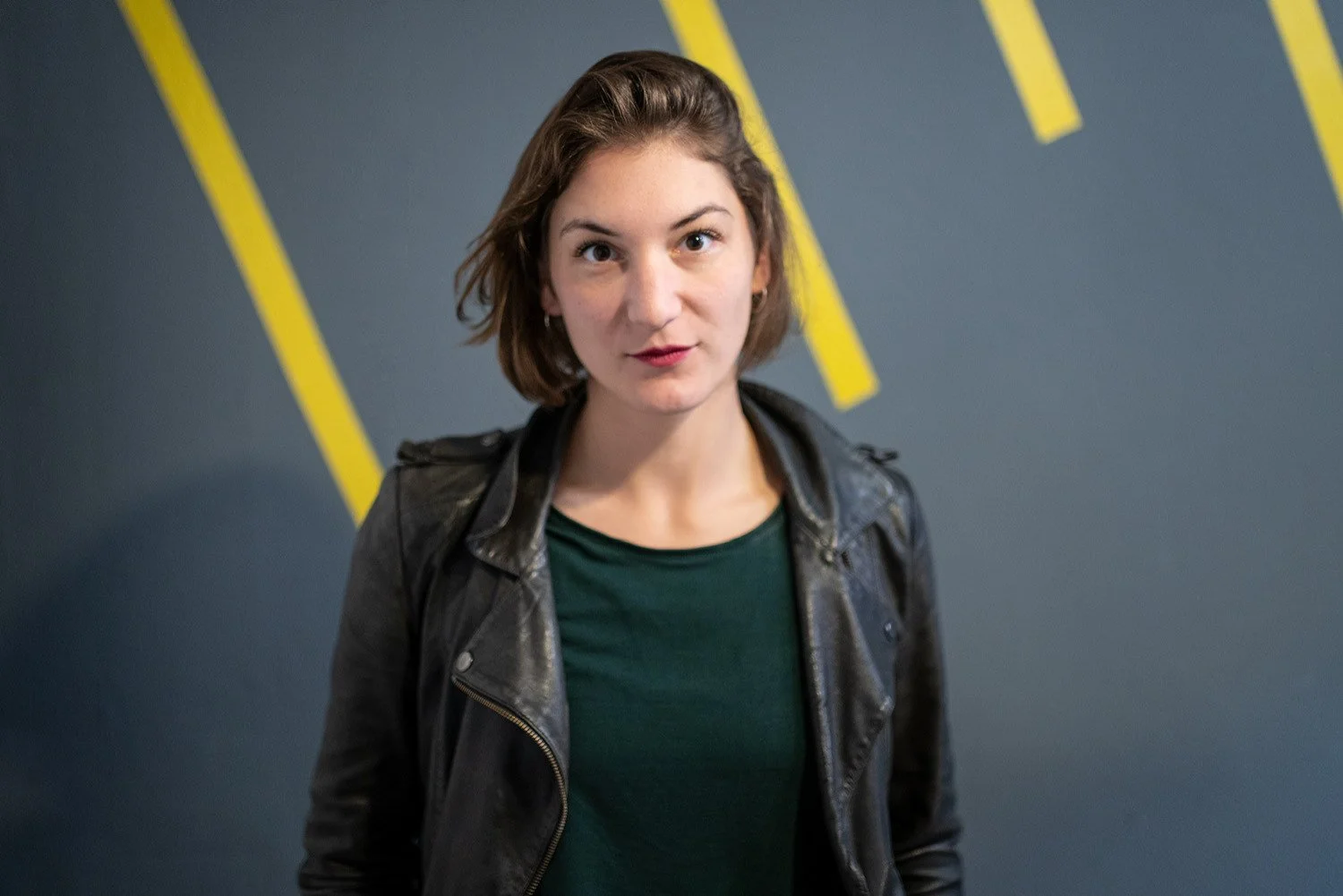 Image 2 of 10
Image 2 of 10

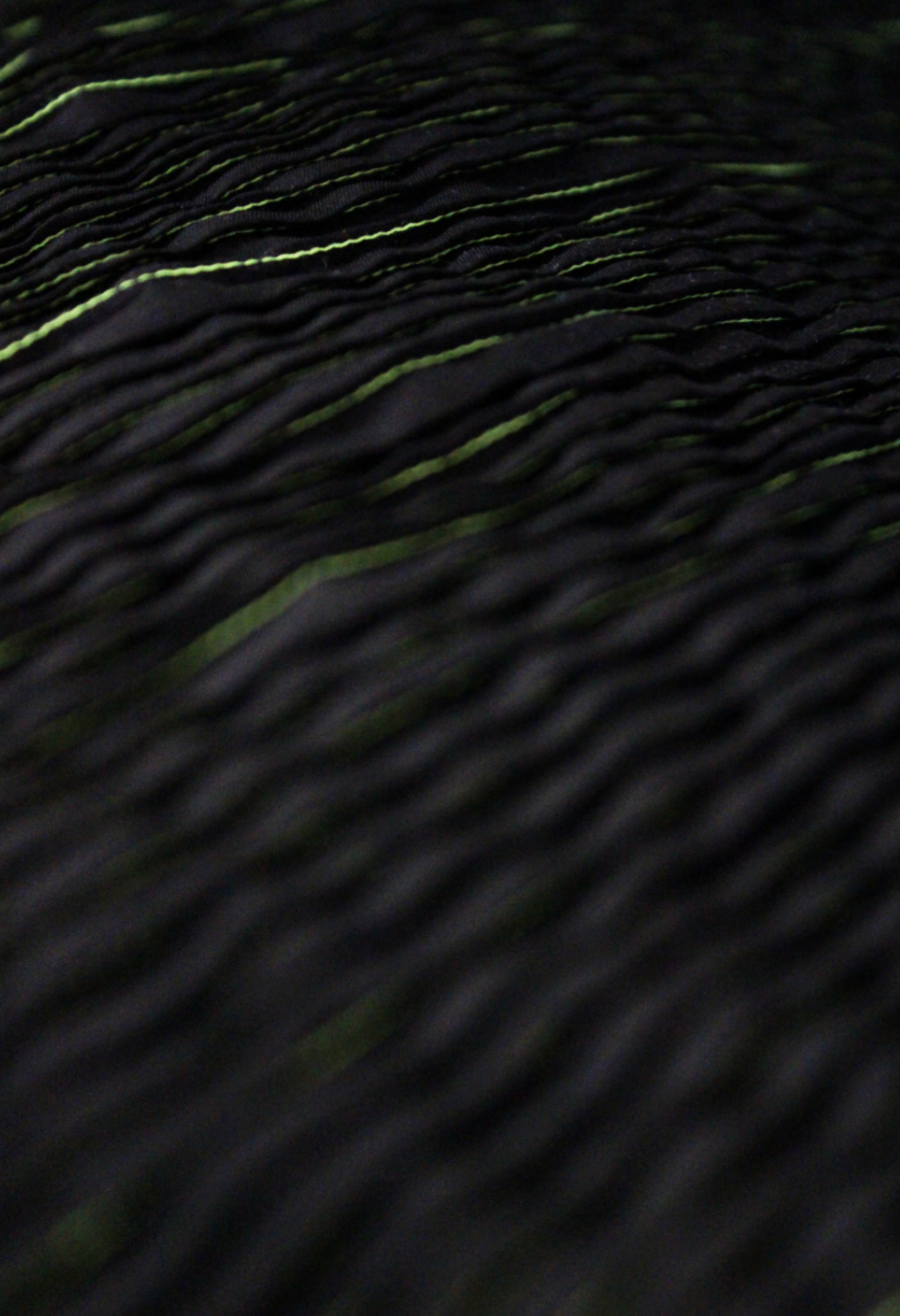 Image 3 of 10
Image 3 of 10

 Image 4 of 10
Image 4 of 10

 Image 5 of 10
Image 5 of 10

 Image 6 of 10
Image 6 of 10

 Image 7 of 10
Image 7 of 10

 Image 8 of 10
Image 8 of 10

 Image 9 of 10
Image 9 of 10

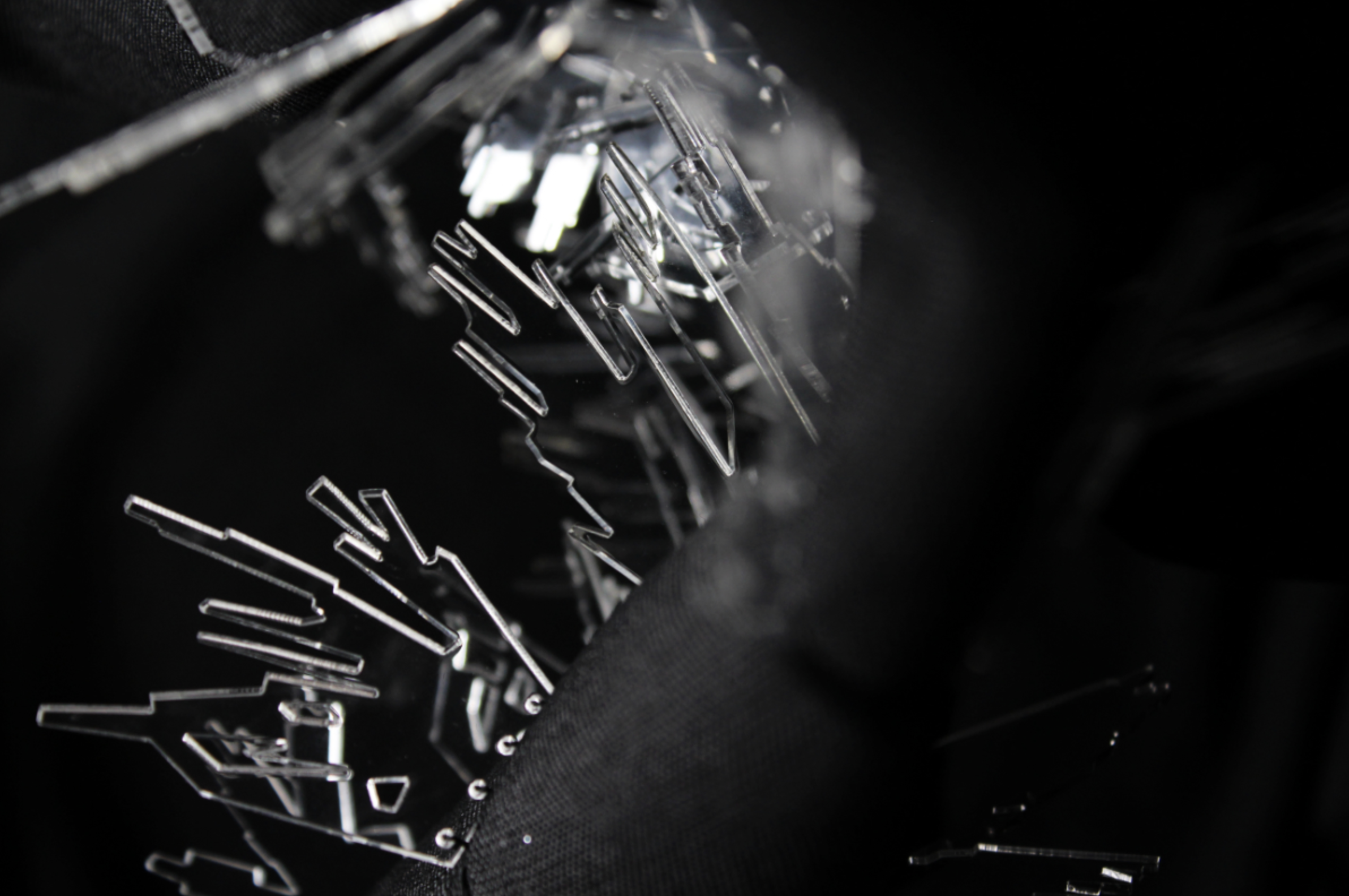 Image 10 of 10
Image 10 of 10











Carolyn Raff looks for inspiration in nature for material ideas
Carolyn Raff is a German material and textile designer based in Stuttgart. She established her practice with the mission to explore sustainable design solutions through experimental and multidisciplinary material research. Raff's current approach focuses on integrating circular economy principles into her design processes, particularly using algae-based materials. Core values include sustainability, innovation, and interdisciplinary collaboration, with a purpose to redefine the relationship between design, materials, and the environment.
Location
Headquarters: Stuttgart, Germany.
The Circular Vision
Core circular economy principles: Designing out waste, using biodegradable and sustainable materials, and creating products that promote environmental awareness and sustainable practices.
Key innovations: Development of algae-based bioplastics and sequins, exploring the potential of rapidly renewable raw materials from the sea.
Prioritization of local sourcing and closed-loop supply chains: Emphasis on using locally sourced materials and sustainable production methods to minimize environmental impact and support local economies.
Pioneering Solutions
Flagship projects: Raff's portfolio includes innovative projects such as "An ocean full of opportunities" (exploring algae-based products for the textile and fashion industry), and "Circular Oceans" (a conceptual fashion project applying circular design strategies).
The Regenerative Future
R&D focus areas: Advancing sustainable material development techniques, exploring new applications for algae-based materials, and developing solutions that further reduce waste and energy consumption in design and production processes.
Ambitious goals: To lead the design industry in sustainable practices, create zero-waste products, and inspire a shift towards a regenerative approach to material design and usage.
Fact Sheet
Commercial Availability: Design services and products available through collaborations, exhibitions, and partnerships with brands and institutions.
Circularity Rating: 5/5 (Strong focus on integrating circular economy principles and waste reduction in design).
Key Certifications: Green Concept Award 3rd place for algae-based biopolymer sequins.
Material Passport: Detailed use of algae-based and other sustainable materials in projects, with emphasis on their environmental and ethical significance.
Designed for Disassembly: Yes, many projects focus on biodegradability and material reuse.
Carbon Performance: Focus on reducing carbon footprint through the use of sustainable materials and local production. Specific carbon metrics not provided.
Key Takeaway
Carolyn Raff transforms the design industry through innovative use of algae-based materials, setting a benchmark for environmental responsibility and material innovation in contemporary design.
Explore Further
Carolyn Raff website: https://carolynraff.de
Carolyn Raff is a German material and textile designer based in Stuttgart. She established her practice with the mission to explore sustainable design solutions through experimental and multidisciplinary material research. Raff's current approach focuses on integrating circular economy principles into her design processes, particularly using algae-based materials. Core values include sustainability, innovation, and interdisciplinary collaboration, with a purpose to redefine the relationship between design, materials, and the environment.
Location
Headquarters: Stuttgart, Germany.
The Circular Vision
Core circular economy principles: Designing out waste, using biodegradable and sustainable materials, and creating products that promote environmental awareness and sustainable practices.
Key innovations: Development of algae-based bioplastics and sequins, exploring the potential of rapidly renewable raw materials from the sea.
Prioritization of local sourcing and closed-loop supply chains: Emphasis on using locally sourced materials and sustainable production methods to minimize environmental impact and support local economies.
Pioneering Solutions
Flagship projects: Raff's portfolio includes innovative projects such as "An ocean full of opportunities" (exploring algae-based products for the textile and fashion industry), and "Circular Oceans" (a conceptual fashion project applying circular design strategies).
The Regenerative Future
R&D focus areas: Advancing sustainable material development techniques, exploring new applications for algae-based materials, and developing solutions that further reduce waste and energy consumption in design and production processes.
Ambitious goals: To lead the design industry in sustainable practices, create zero-waste products, and inspire a shift towards a regenerative approach to material design and usage.
Fact Sheet
Commercial Availability: Design services and products available through collaborations, exhibitions, and partnerships with brands and institutions.
Circularity Rating: 5/5 (Strong focus on integrating circular economy principles and waste reduction in design).
Key Certifications: Green Concept Award 3rd place for algae-based biopolymer sequins.
Material Passport: Detailed use of algae-based and other sustainable materials in projects, with emphasis on their environmental and ethical significance.
Designed for Disassembly: Yes, many projects focus on biodegradability and material reuse.
Carbon Performance: Focus on reducing carbon footprint through the use of sustainable materials and local production. Specific carbon metrics not provided.
Key Takeaway
Carolyn Raff transforms the design industry through innovative use of algae-based materials, setting a benchmark for environmental responsibility and material innovation in contemporary design.
Explore Further
Carolyn Raff website: https://carolynraff.de
